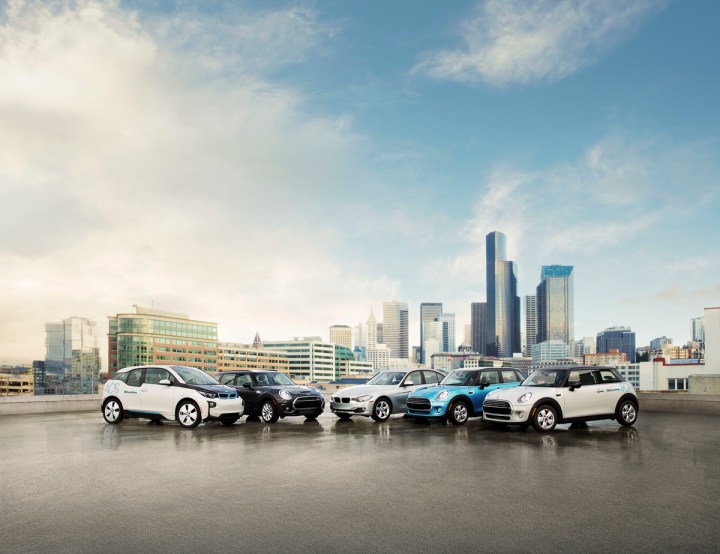
Pushing ahead with its autonomous car project, the German automaker on Friday revealed plans for a new test center in Munich set to open next year, Reuters reported.
BMW says it hopes to have as many as 40 self-driving cars on the streets of Munich’s inner city before taking the trials to other locations throughout the country.
The news follows Ford’s announcement last week of its plan to expand its autonomous car trials beyond the U.S. with road tests lined up for the U.K. and Germany. Ford president and CEO Mark Fields said earlier this year that the next decade “will be defined by automation of the automobile, and we see autonomous vehicles as having as significant an impact on society as Ford’s moving assembly line did 100 years ago.”
Volvo, too, is expected to begin testing its self-driving technology in London next year, allowing regular families to use its vehicles in everyday settings.
Many of these car companies are looking to launch their self-driving vehicles as part of car-sharing services in the next few years in the belief that consumer-ready autonomous cars are still a ways off. Creating self-driving vehicles for such services should offer automakers new revenue streams via both car sales and partnerships with service providers where income can be shared.
Demonstrating its growing interest in the sector, BMW launched ReachNow in Seattle, Washington in April. The pay-by-the-minute service uses an app to help you locate the nearest of more than 350 BMW-owned ReachNow vehicles parked on the city’s streets. Once you’re done with the car, you simply park it within a designated area in the city, leaving it for the next user. The service has since expanded to Portland, Oregon, and Brooklyn in New York City.
Tony Douglas, Head of Strategy for BMW’s mobility services, said its ReachNow service in Seattle saw 14,000 people sign up in just four days, impressive considering the city is already served by the likes of Uber, Zipcar, Lyft, and Car2go.
“Someone else spent the money to educate the market and then we came in with a cool product,” Douglas told Reuters, adding, “We will not be the largest, but we can be the coolest.” Of course, whether it can really become “the coolest” is ultimately down to the opinion of the riders, so we’ll just to wait and see if the German automaker can deliver on that particular claim.
BMW is targeting 2021 for the unveiling of its first fully autonomous car.
Editors' Recommendations
- Cruise’s robotaxi service suspended by California regulator
- Waymo expands robotaxi service area in San Francisco
- An autonomous car in San Francisco got stuck in wet concrete
- Robotaxis have a passenger problem that no one thought of
- Apple’s rumored car could cost the same as a Tesla Model S


